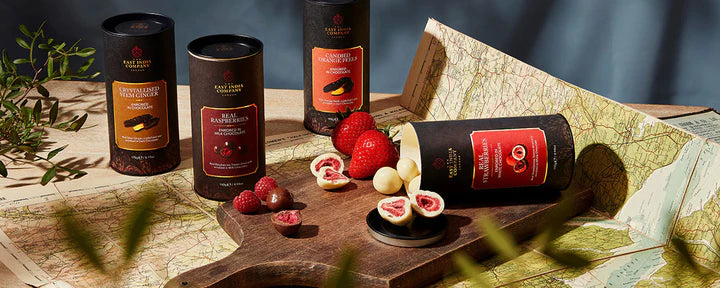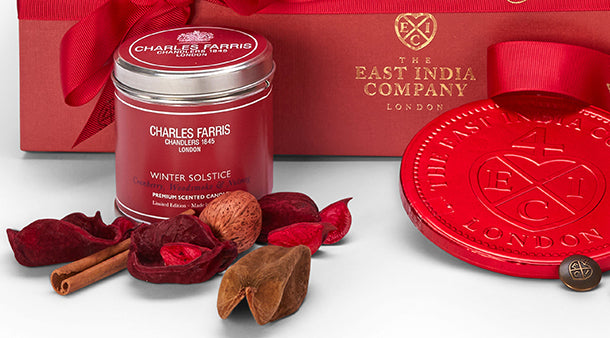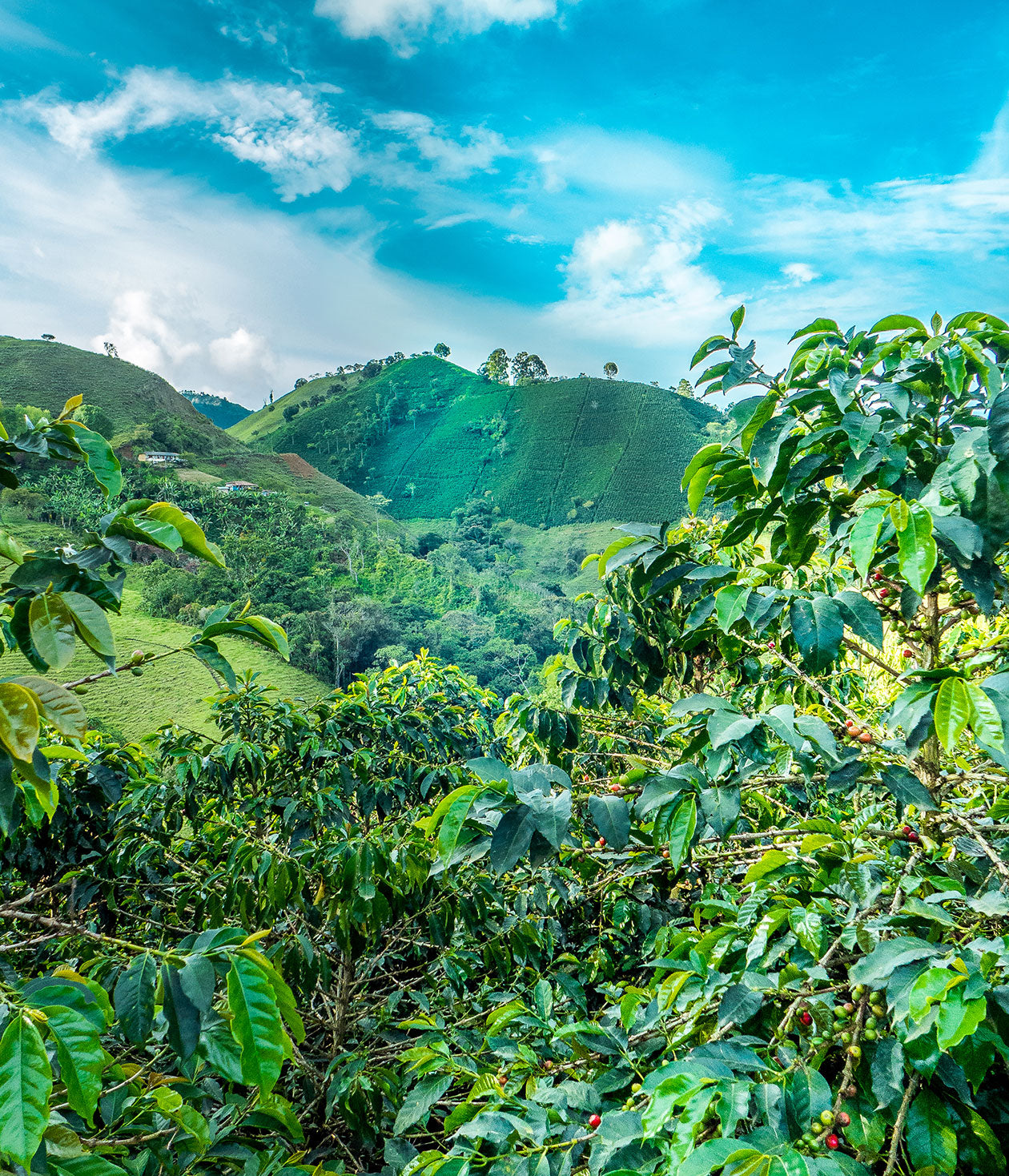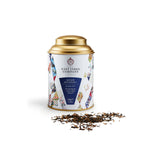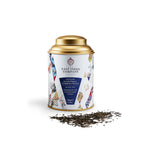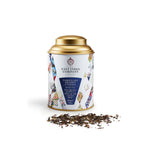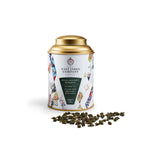Stories
The Story of the French Press
Legend has it that an unnamed Frenchmen was preparing a pot of coffee on an open fire in the 1850s, when he realised he forgotten to add the coffee first. Adding it later meant the coffee grounds sat on the surface and wouldn’t brew properly. So, with a metal stick, he pushed a small piece of metal screen to the bottom, carrying with it the coffee grounds. Expecting the worst, the coffee was the best he had ever had. A new way of brewing coffee was invented.
What is true is the first patent issued for a coffee making device that closely resembles the modern French Press was by Attilio Callimani in 1929, an Italian from Milan, by which time Italian’s referred to it as a Cafetiere.
Nowadays, cafetieres are generally made with Borosilicate glass, which is very strong, together with stainless steel. It’s a cost effective and easy way of making an outstanding cup of coffee.

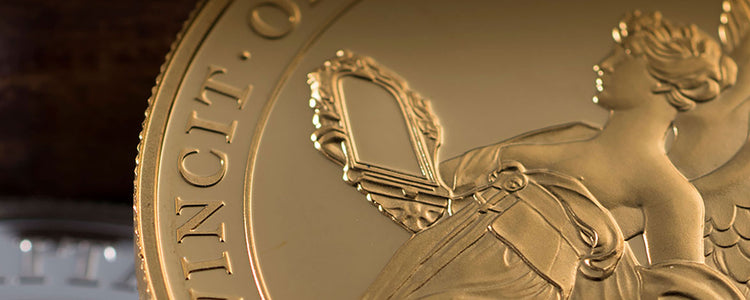
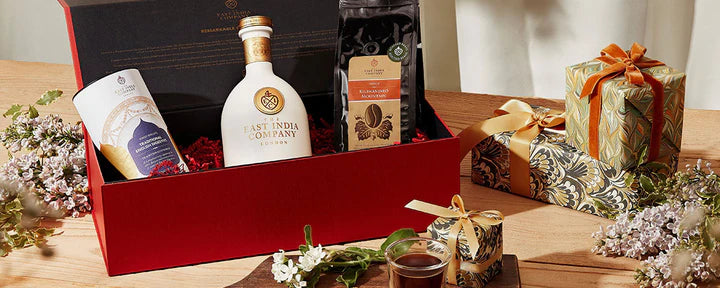
 Ceylon / Sri Lanka
Ceylon / Sri Lanka Assam, India
Assam, India Japan
Japan Taiwan
Taiwan Nepal
Nepal China
China Kenya
Kenya Egypt
Egypt South Africa
South Africa